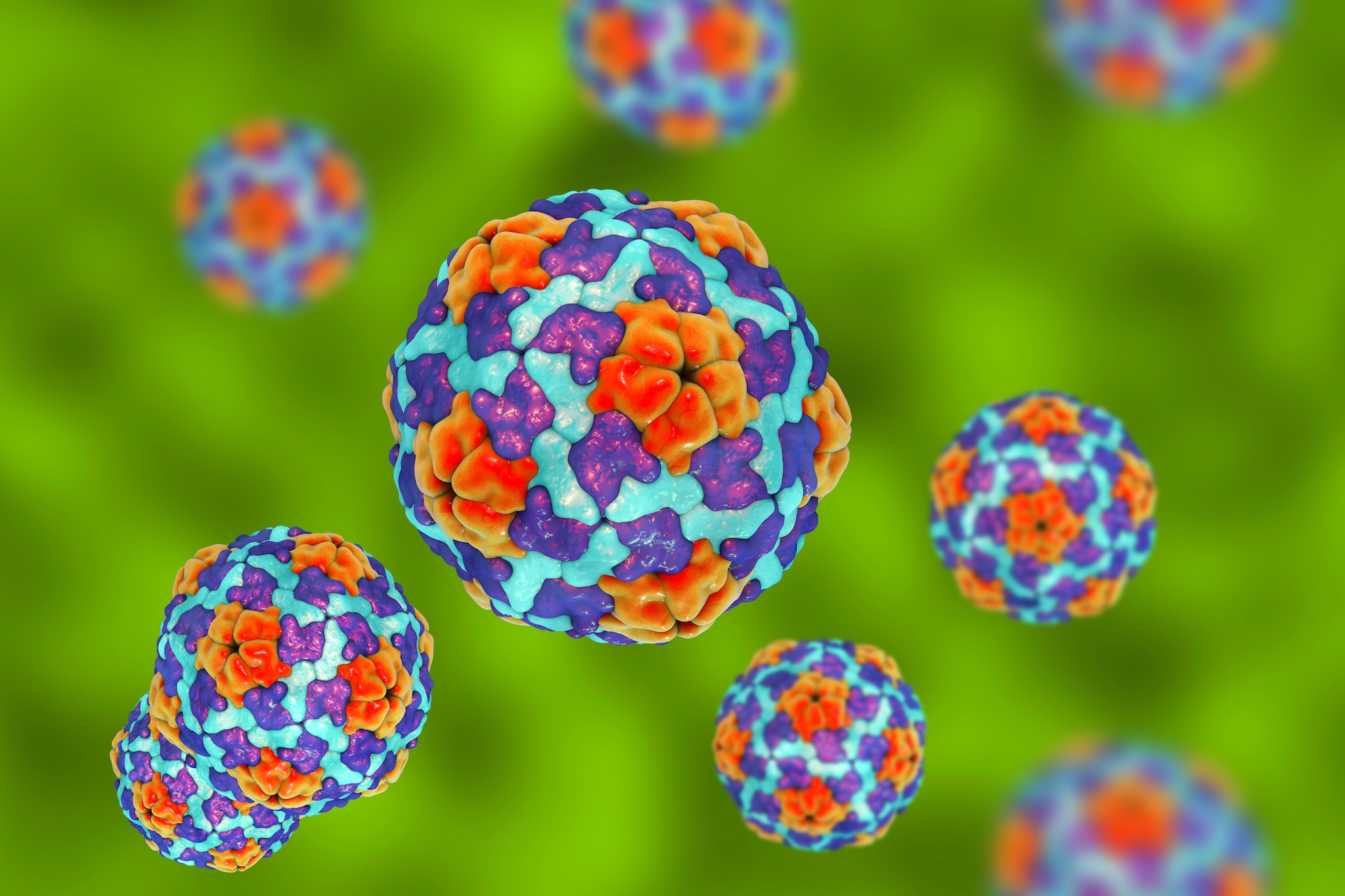Containing a Hepatitis A Outbreak in Michigan
From 2016 through 2018, a large, multistate outbreak of hepatitis A swept the country. Hepatitis A is a vaccine-preventable, contagious liver disease that is usually contracted by consuming contaminated food or water. Symptoms include fatigue, stomach pain, and jaundice.
This outbreak appeared to be spread mainly via person-to-person contact, as a community-acquired infection. The populations at highest risk were people with substance abuse/misuse, those who were experiencing homelessness or transient living conditions, those in prison or recently incarcerated, and men who had sex with men (MSM). By November 2018, Michigan alone had seen 907 cases, 728 hospitalizations, and 28 deaths.
To combat this outbreak, PHEP-funded health department staff worked with state communicable disease and immunization programs to decrease the amount of time to report new cases, conduct public health follow-up investigations, and provide public information. The immunization program and local health departments increased vaccination outreach, and as of November 2018, providing more than 250,000 doses of hepatitis A vaccine in areas affected by the outbreak.
Specific expertise was needed to conduct outreach, provide vaccines, and provide treatment to the vulnerable populations affected by the outbreak. To prepare for and support these response activities, Michigan uses PHEP funds for a community health emergency coordination center, which is able to coordinate multiple program areas across the department. When an emergency occurs, preparedness staff have pre-established relationships with experts who provide services to the high-risk populations identified and can assist with the response.
During the hepatitis A outbreak, the experience and knowledge of HIV staff was used to develop novel strategies to reach the MSM community and healthcare providers. Utilizing these types of partnerships, the program reached people in bars, prisons, and shelters with vaccines or health communication materials on how to get vaccinated and prevent infections.
All of these activities, made possible through years of building preparedness capacity and partnerships with program areas, are working – Michigan has reported a consistent decline in the number of new cases each month since December 2017.

In late August 2016, Michigan saw a dramatic surge in hepatitis A cases resulting in an outbreak that has continued through 2018. The PHEP program worked with state communicable disease and immunization programs to decrease the time to report new cases, conduct public health follow-up, conduct vaccination outreach, and provide public information.
The Incident
In late August 2016, Michigan saw a dramatic surge in hepatitis A cases resulting in an outbreak that has continued through 2018.
The Response
The PHEP program worked with state communicable disease and immunization programs to decrease the time to report new cases, conduct public health follow-up, conduct vaccination outreach, and provide public information.
The Outcomes
Michigan has reported a consistent decline in the number of new cases each month since December 2017.